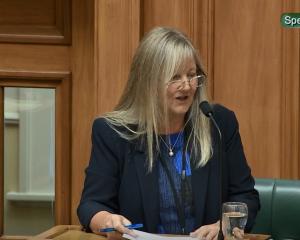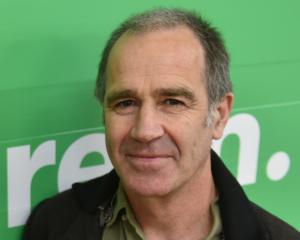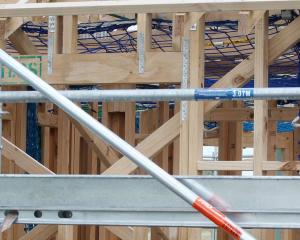Labour MP David Cunliffe has left little doubt that he intends to overthrow David Shearer as Labour's leader - a job made easier by a surprise change to the party rules.
The rule change was part of a chaotic day at the party's annual conference in Ellerslie, during which delegates ignored the pleas of several senior MPs and voted to allow just 40 per cent of caucus to force a full leadership vote. All it would take is a vote from 14 of the current 34 MPs.
That puts Shearer's leadership on much more precarious ground, and last night sources indicated the leader could move to bring matters to a head by forcing a vote, rather than letting it fester over summer.
The new rules will take effect when Shearer's first formal confidence vote is held on Parliament's return in February.
If 14 of his colleagues do not vote for him it will spark a leadership contest in which the wider membership, affiliates and caucus will vote. Cunliffe is considered to have stronger support among members.
After the new rule passed, Cunliffe, who voted in favour of it, said he supported the leader - but repeatedly refused to say he would support Shearer in the February vote.
Article continues below
He would not rule out a challenge. "The question does not arise at this point - caucus is the group that will make that decision."
Asked why he would not quell the speculation by unequivocally ruling out a challenge, Cunliffe said it was a matter for caucus "to discuss and reflect upon", and he could not pre-empt that.
He rejected suggestions that a further leadership contest would result in several months of messy distractions for Labour.
He said the previous leadership contest between himself and Shearer last December increased the party's membership numbers, "and it was actually quite good for the party".
Shearer said he was confident he would have the 61 per cent support needed to remain as leader through to the 2014 election.
He would not rule out disciplining Cunliffe for any open disloyalty, but said Cunliffe had committed to him last week: "I can only take him at his word, on what he said last week."
Shearer's supporters were clearly rattled by the change, but also confident he would secure the support - one stating they would easily "head (Cunliffe) off at the pass".
Of 13 other MPs spoken to, most including Andrew Little, Clare Curran, Grant Robertson, Trevor Mallard and David Parker, said they would support Shearer in February's vote.
Louisa Wall would not answer the question: "It's irrelevant for me now - we're in the middle of the conference."
Phil Twyford said he supported Mr Shearer "because he is our leader now" but his vote in February would be a secret because it was a closed ballot.
Charles Chauvel - who was a supporter of David Cunliffe last December - said he did not want to talk to the media.
MPs including Chris Hipkins, Maryan Street, and Andrew Little had spoken out against the amendment, urging delegates to opt instead for a simple majority vote. Street said that the 60 per cent endorsement requirement would effectively allow "a tyranny of 40 per cent" to overthrow a leader who had been duly elected by a majority within the party.
Shearer did not vote on the amendment, citing a conflict of interest.
Cunliffe said he had voted in accordance with his local electorate committee's wishes but he did personally support it.












